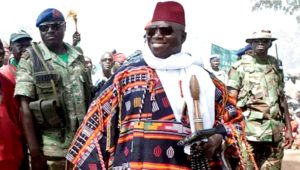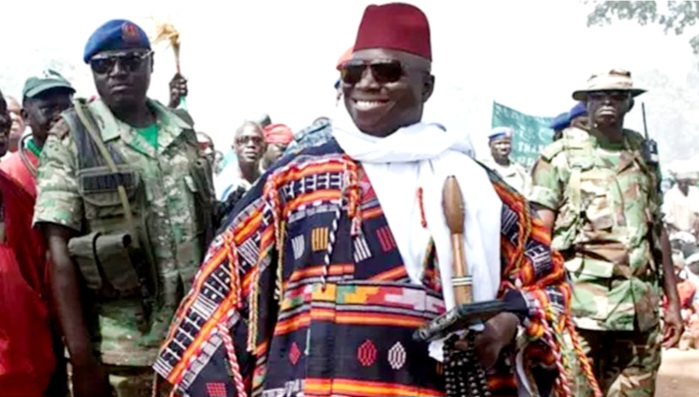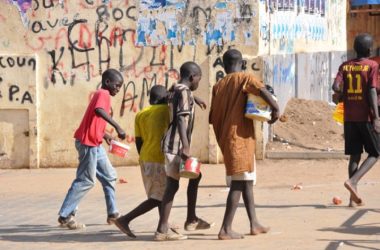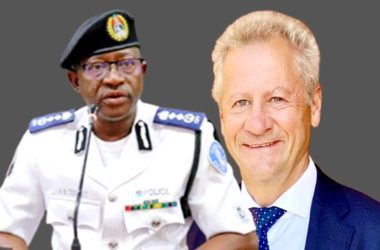A newly published academic study has shed light on the enduring psychological and social toll of state-sanctioned witch hunts conducted under the regime of former Gambian president Yahya Jammeh.
More than a decade after the campaign ended, victims and their communities are still battling the ramifications.
The research, funded by the United Nations Development Program (UNDP) and led by Professor Mick Finlay of Anglia Ruskin University in collaboration with the University of The Gambia and Nottingham Trent University, is the first of its kind to focus on the long-term stigma tied to government-led witchcraft accusations.
Between 2008 and 2009, Jammeh’s government launched a series of so-called “witch hunts,” particularly in the West Coast and North Bank regions. The campaign, backed by Gambian security forces and carried out by self-proclaimed witch hunters from neighbouring countries, targeted mostly elderly people. Victims were abducted, detained, beaten, and in some cases raped. The official death toll is unknown, but it is believed at least 41 people died during or shortly after the ordeal.
Researchers spoke to victims, their families, and members of the affected communities. Many described feeling abandoned and socially ostracized upon their return home. Villages were branded “witch communities” and children of the accused were bullied in schools. Some families were cut off entirely from neighbours and social networks.
“There was a strong desire among those we spoke to for official recognition of the injustice they suffered,” said Professor Finlay. “The trauma didn’t end with their release. In many cases, the stigma attached to being accused of witchcraft continues to haunt them and their families to this day.”
The study, published in the Journal of Community and Applied Social Psychology, found that nearly all respondents agreed that more should be done to help victims. Ninety-eight percent expressed sympathy for those affected, while 99 percent believed the government should provide more support. A similar majority said witchcraft accusations should be criminalized, and those responsible punished.
Despite widespread recognition that Jammeh’s witch hunts were politically motivated, nearly 90 percent said the campaign was intended to instil fear or divide communities, where traditional beliefs in witchcraft remain strong. One in four respondents, including some victims and their relatives, still believed witches posed a real threat.
Mental health consequences were also significant. Many victims reported suffering from panic attacks, anxiety, and symptoms of post-traumatic stress disorder. Some withdrew from public life entirely, while others struggled to find employment or reintegrate socially.
The findings add to the growing evidence presented during Gambia’s ongoing transitional justice process. The Truth, Reconciliation and Reparations Commission (TRRC), established after Jammeh’s departure in 2016, has already documented widespread abuses by the former regime.
However, the study found that many victims of the witch hunts feel their suffering has not received adequate attention.
Participants called for a range of reparative measures, including public declarations of innocence, legal reforms, counselling, financial compensation, and community-based initiatives to repair social bonds.

“This research highlights the need to address the specific damage done by Jammeh’s witch hunt campaign,” said Finlay. “The recommendations put forward by victims themselves could help guide future reconciliation and justice efforts, not just in The Gambia but in other countries facing similar legacies of abuse tied to traditional beliefs.”
The study also involved the Women’s Association of Victims’ Empowerment (WAVE) and is available in full through open access.
As The Gambia continues its journey toward healing, the voices of those who endured this dark chapter serve as a reminder of the human cost of power used without accountability and of the long road ahead to rebuild lives and communities.





